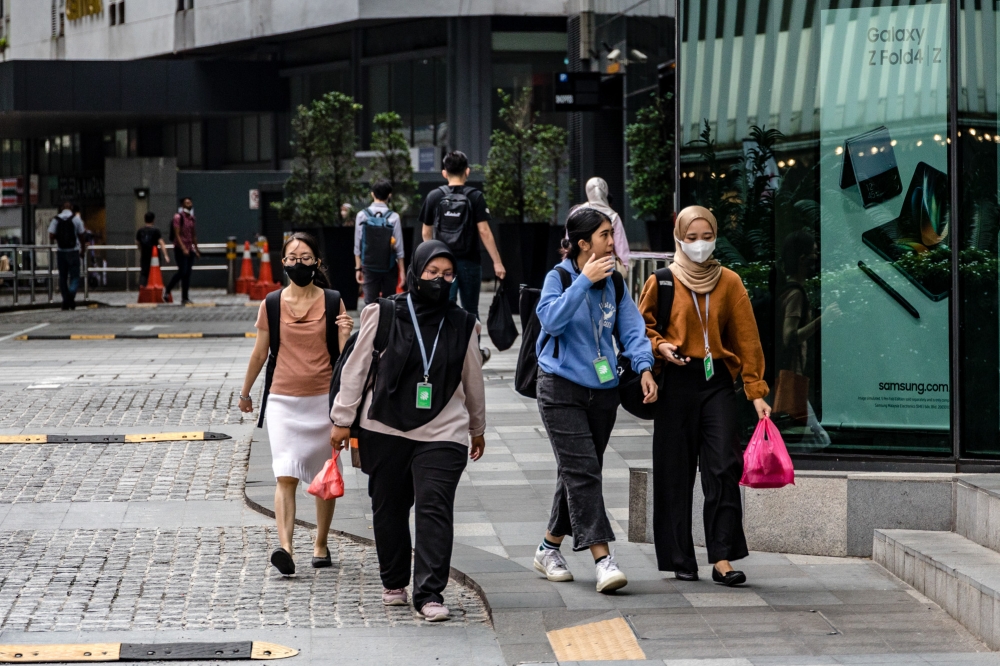Gen Y: Maintaining financial resilience during Australia’s economic downturn

In the thick of Australia’s economic whirlwind, there’s a compelling story unfolding, with Generation Y (Gen Y) taking centre stage, reimagining how we spend in times of financial turmoil.
A recent report by Canvas8, a global insights powerhouse, dives deep into how our generation is navigating the economic challenges that have engulfed the country.
The report, “Aussie Gen Yers’ unstable finances are shaping their spending”, written by Kayti Burt, brings together insights from Alison Pennington, a top economist and media voice, and Jonathan Barrett, a senior business reporter at The Guardian. It gives us a glimpse into how Gen Y is adapting, innovating, and even thriving amidst the relentless waves of a housing crisis, skyrocketing living costs, and a deep distrust in big corporations.
Australian economic rollercoaster
Australia, once the poster child for economic strength, faced its first recession in nearly three decades in 2020. While it bounced back, the country now wrestles with a housing shortage and climbing interest rates, hinting at another downturn. These challenges hit us millennials the hardest, with less savings and lower homeownership rates than our parents had.
Faced with these hurdles, Gen Y is changing the game. We’re all about frugality, avoiding credit like the plague, and treating ourselves to occasional luxuries instead of splurging on everyday stuff. It’s a delicate dance between the dream of owning a home and the reality of financial instability.
Australia’s economic growth is crawling along, with population growth boosting GDP but per capita living standards staying put, according to Dr. Shane Oliver, AMP’s chief economist. Poverty rates are on the rise, with one in eight Aussies living below the poverty line, adding to the financial pressure on Gen Y, who are also dealing with student debt and shaky career prospects.
Fading dream of homeownership
The dream of owning a home is becoming more like a mirage for many of us, as census data shows a big drop in homeownership among 25- to 39-year-olds. Sydney’s property market is especially tough, ranking as one of the world’s most unaffordable cities. This has pushed many of us into long-term renting, only to face skyrocketing rental prices.
Despite the financial stress, Gen Y’s spirit isn’t broken—it’s sparked a shift in how we spend. We’re all about buy-now-pay-later services and affordable luxuries, a trend known as the ‘”ipstick effect”. We’re splurging on experiences and dining out while cutting back on everyday essentials.
The report also highlights the rise of retail theft and gambling as ways to cope with financial stress, reflecting a broader shift in consumer ethics and trust issues with corporations.
Enjoying this article?
Subscribe to get more stories like this delivered to your inbox.
Opportunities in uncertainty for Gen Y
These changing spending habits are a goldmine for brands looking to connect with a generation that values experiences over flashy purchases and finds comfort in affordable treats. By recognizing the financial storms and societal shifts shaping Gen Y, businesses can build loyalty and weather the economic storm with us.
Nick Morris, the UK-based founder and managing director of Canvas8, underscores the resilience and creativity of today’s youth in navigating economic uncertainty. “Understanding these dynamics is key for businesses aiming to meet the needs of a generation that’s not just surviving but thriving amidst financial turbulence,” he concludes.
As Australia’s economic saga continues, Gen Y’s fresh take on spending in tough times offers a ray of hope and resilience, proving that we can adapt and thrive in the ever-shifting landscape of financial stability.
Writer
